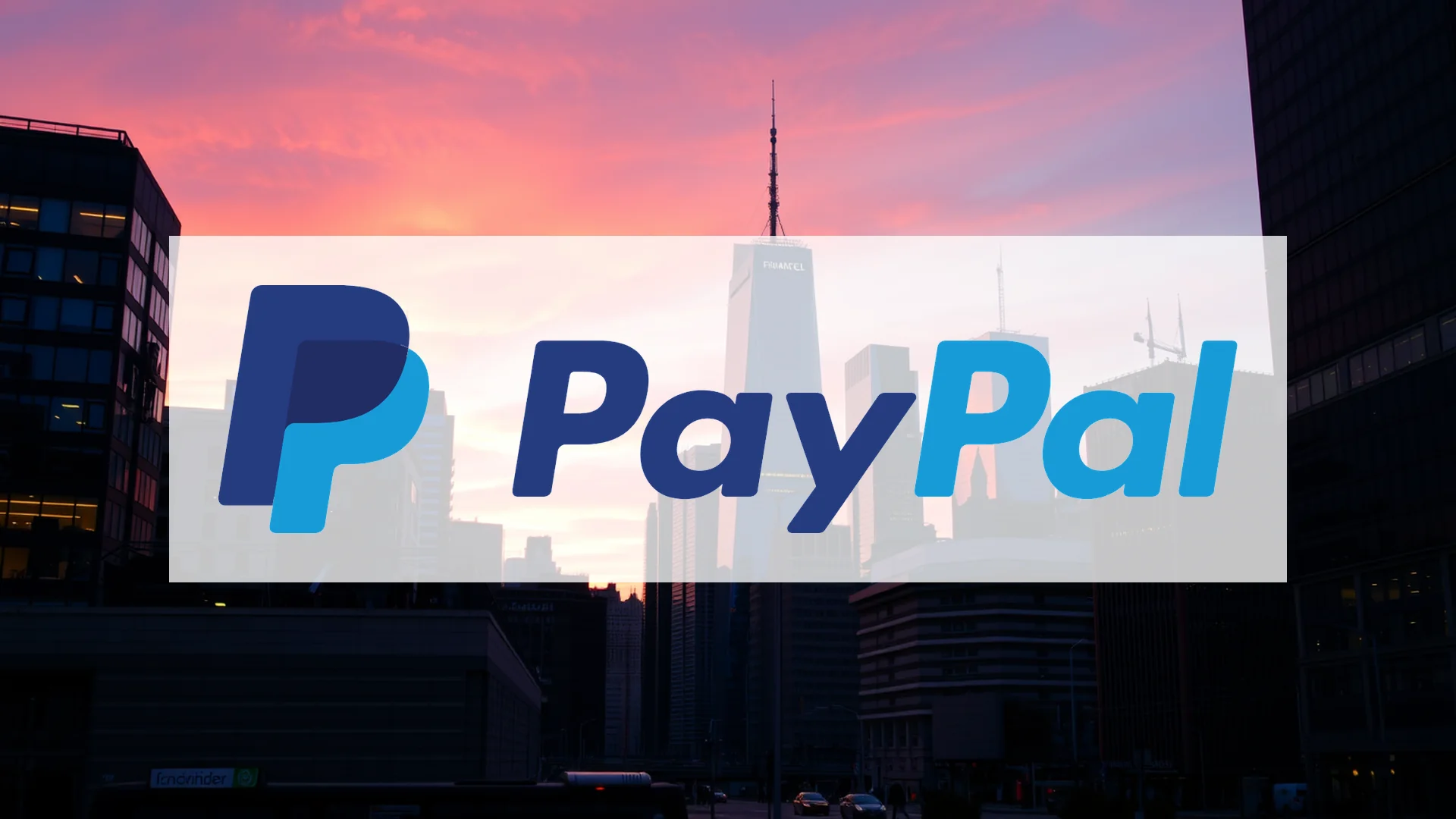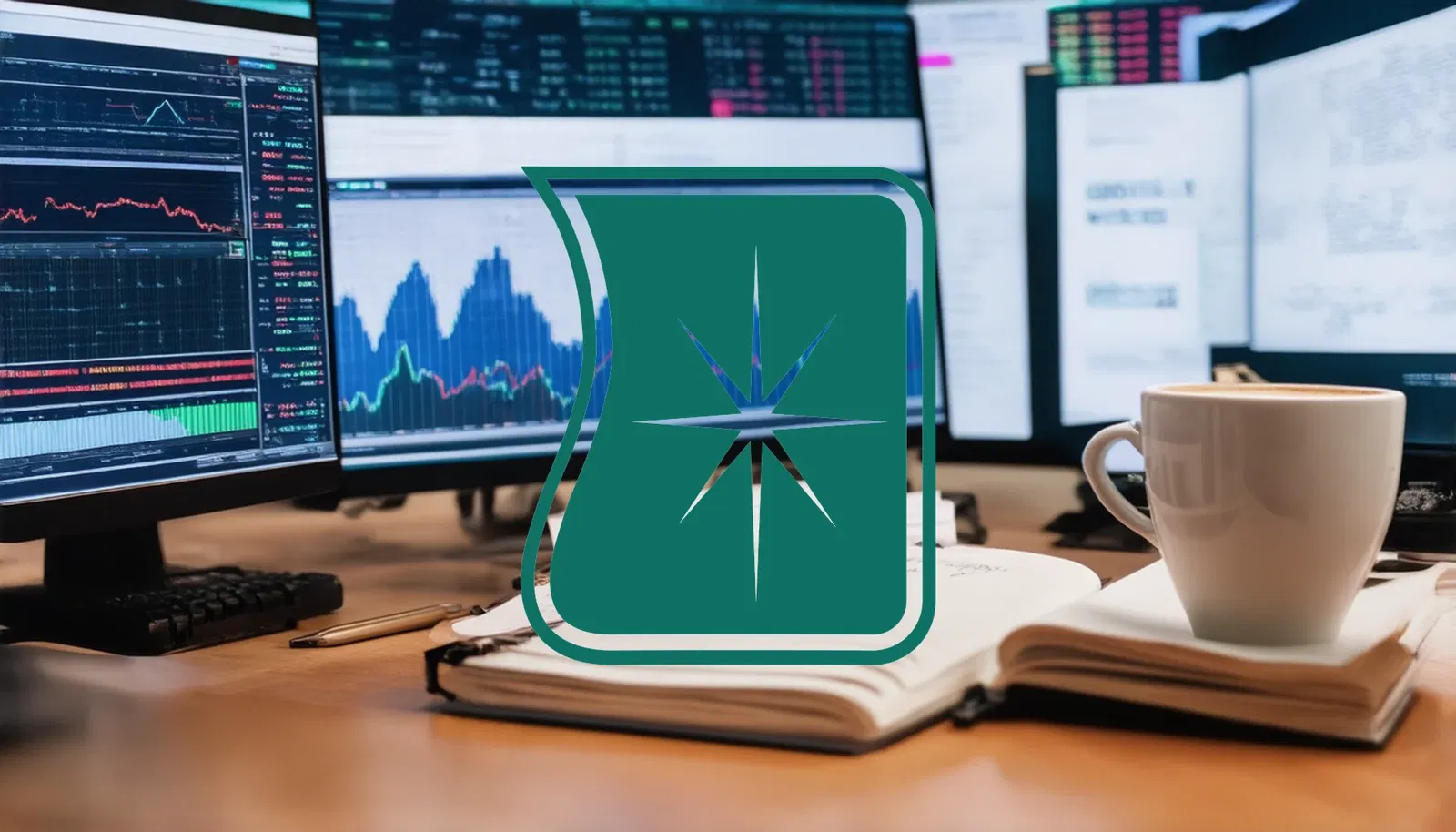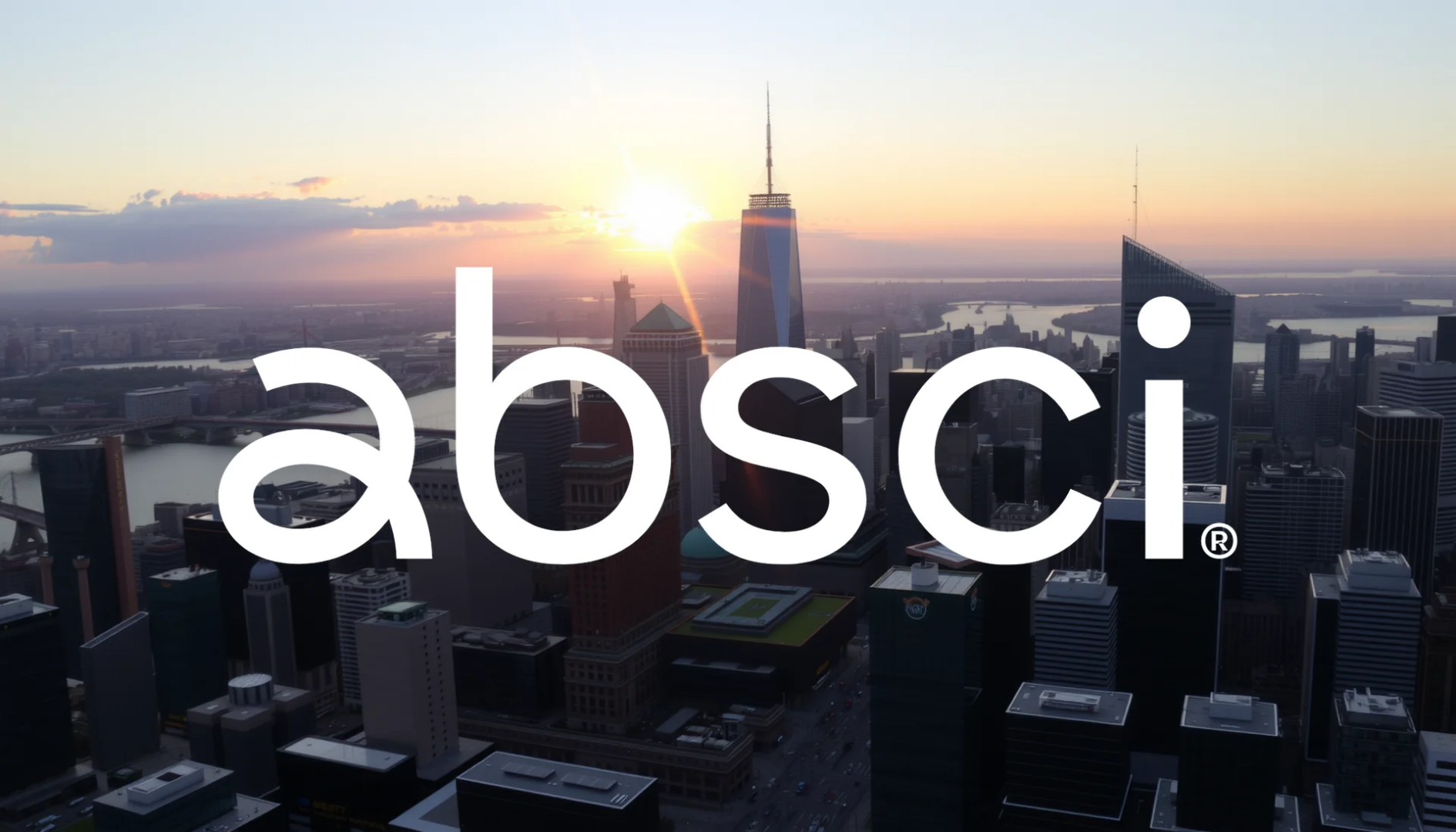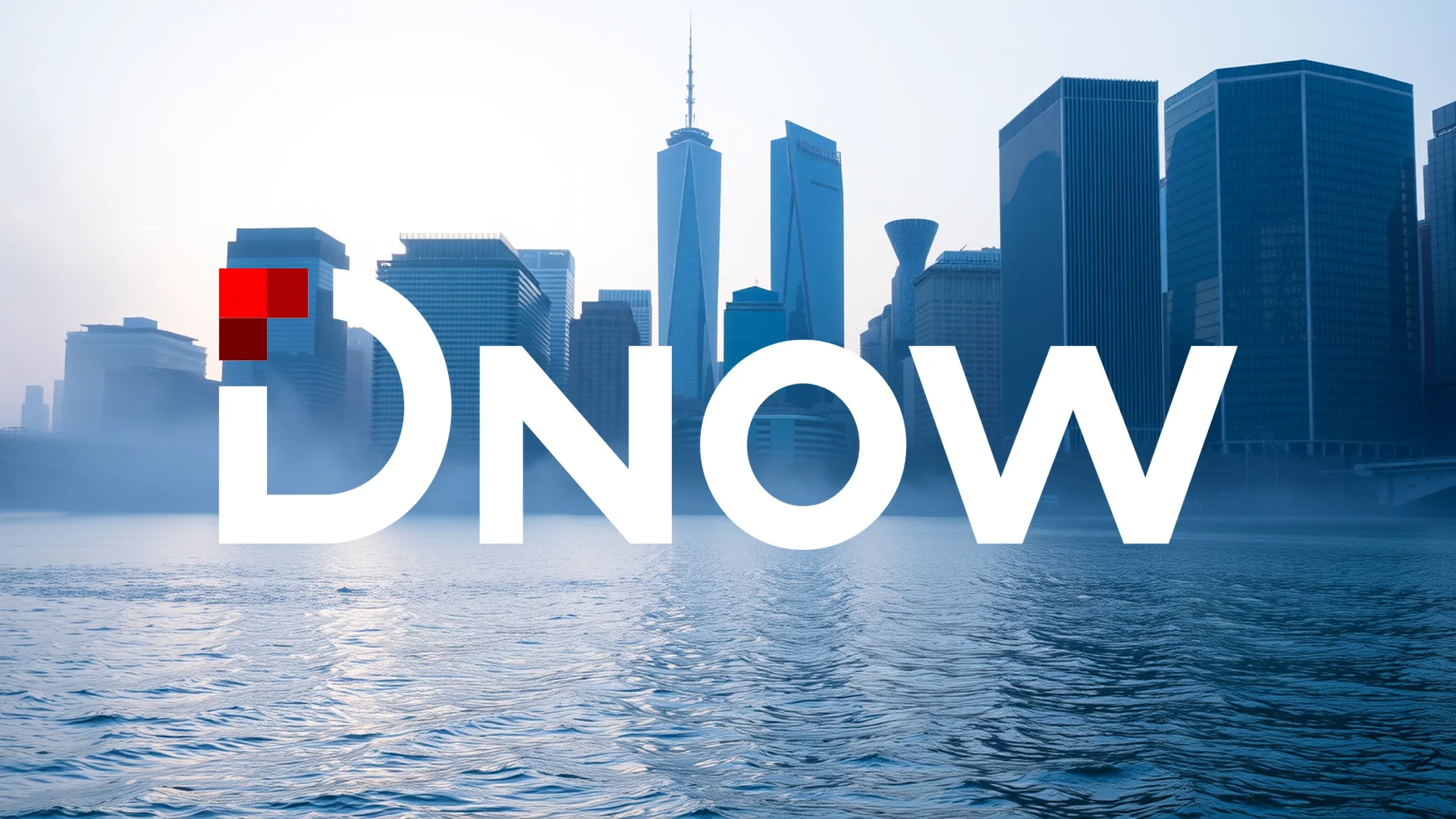Facing a critical juncture, the American payments leader PayPal is deploying a dual strategy to reclaim market momentum. A groundbreaking partnership with OpenAI and the company’s inaugural dividend payment form the cornerstone of a corporate transformation aimed at pioneering “Agentic Commerce.” This ambitious overhaul arrives as substantial insider stock sales introduce a note of caution, prompting investors to question whether this combination of artificial intelligence and capital returns can catalyze the long-awaited recovery.
Financial Foundation and Capital Return Initiative
The company’s operational health was demonstrated in its third-quarter 2025 report, which revealed solid performance metrics. Revenue reached approximately $8.42 billion, complemented by an adjusted earnings figure of $1.34 per share. Perhaps most impressive was the sheer scale of processed transactions, which climbed to $458.1 billion.
Beyond these operational results, the company’s formidable financial reserves are drawing significant investor attention. With liquid assets and investments totaling around $14.4 billion, management possesses substantial resources to fund its strategic shift. This financial muscle is being partially deployed to initiate a quarterly dividend of $0.14 per share, signaling a fundamental evolution from a pure growth stock to a enterprise that now prioritizes direct capital returns to shareholders alongside expansion.
Artificial Intelligence and the Future of Commerce
Concurrent with its new shareholder returns policy, PayPal is making an aggressive technological push. Late October brought the announcement of a landmark collaboration with OpenAI, designed to fundamentally reshape digital shopping experiences. The initiative centers on integrating PayPal’s digital wallet directly within the ChatGPT interface.
Should investors sell immediately? Or is it worth buying PayPal?
This strategic move positions the company at the forefront of the emerging “Agentic Commerce” landscape. The concept envisions AI chatbots evolving beyond simple question-answering tools into direct sales channels where transactions can be completed seamlessly. This integration potentially unlocks substantial new revenue streams that exist independently of the traditional “pay” button, creating commerce opportunities within conversational AI environments.
Internal Transactions and Market Performance
Despite this forward-looking strategy, trading activity from within the company has introduced a contrasting narrative. Sujan Kereere, who serves as President of Global Markets, disposed of 4,162 shares on November 19. While such transactions frequently stem from personal financial planning needs, market participants often view insider sales during periods of corporate transformation with heightened scrutiny.
This development occurs against a backdrop of challenging technical performance for the stock. Since the beginning of the year, share value has declined by nearly 38 percent, with the current trading price hovering around €52. Investors now face a critical assessment: whether the potential of AI-driven innovation combined with newfound dividend income outweighs the cautionary signal from corporate insiders. The company’s extensive liquidity reserves, however, provide a significant buffer to navigate this ambitious strategic restructuring.
Ad
PayPal Stock: Buy or Sell?! New PayPal Analysis from February 7 delivers the answer:
The latest PayPal figures speak for themselves: Urgent action needed for PayPal investors. Is it worth buying or should you sell? Find out what to do now in the current free analysis from February 7.
PayPal: Buy or sell? Read more here...











